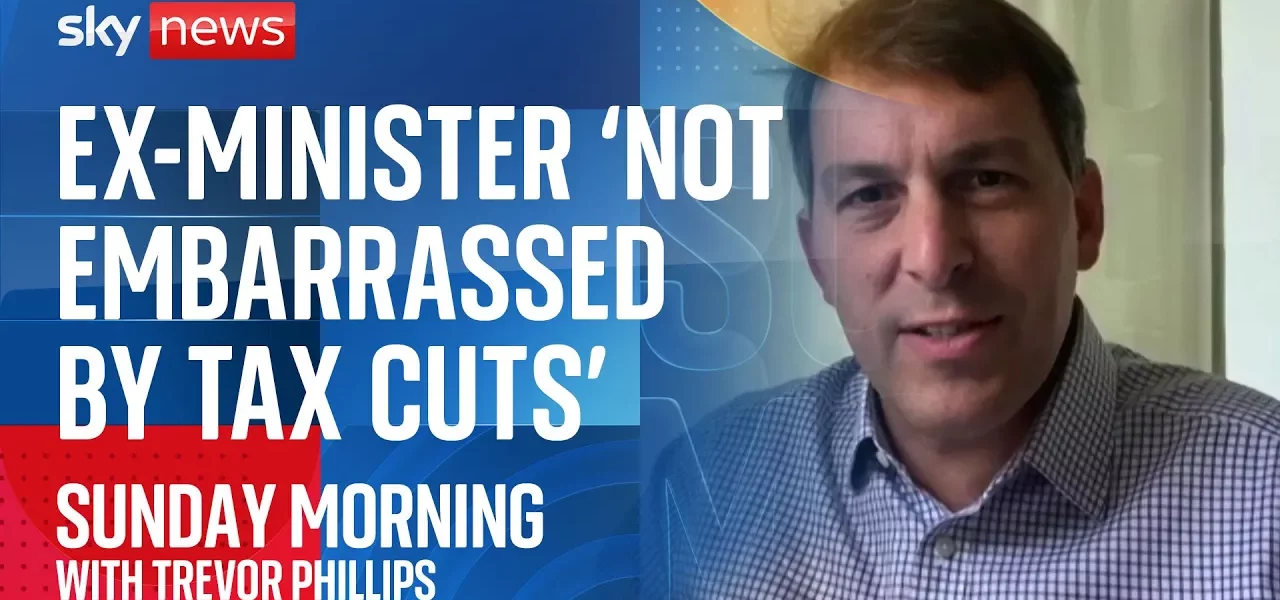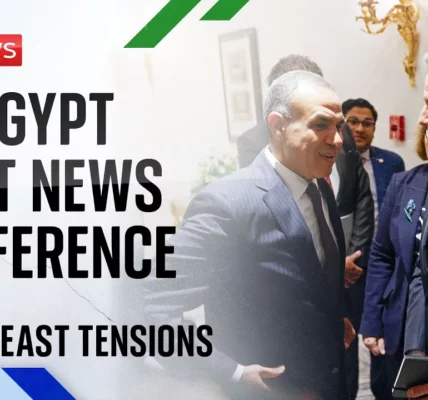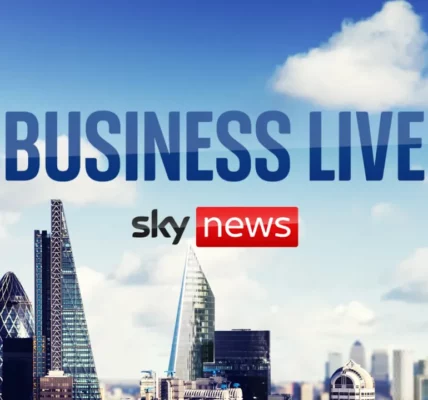Insights from the Chief Secretary to the Treasury: Navigating Government Spending and Leadership Challenges
Insights from the Chief Secretary to the Treasury: Navigating Government Spending and Leadership Challenges

This article delves into the critical discussions surrounding government spending, tax policies, and the future of leadership within the Conservative Party in the UK, as articulated by a former Chief Secretary to the Treasury.
Introduction
The role of the Chief Secretary to the Treasury is pivotal in shaping economic policy and managing public finances. In recent discussions, the former Chief Secretary provided insights into the challenges faced by current government officials, particularly regarding spending reviews and the pressure from various sectors such as education and healthcare. This article will explore the former Secretary’s remarks on budget allocation, efficiency in public services, and the political dynamics influencing government decisions.
Understanding the Budgetary Pressures
One of the most significant challenges discussed was the anticipated pay review recommendations for public sector workers, including teachers and NHS staff. The proposed increase of 5.5% raises questions about funding and prioritization in government spending.
The Dilemma of Funding Public Sector Pay Increases
The former Chief Secretary highlighted that while the government has historically accepted pay recommendations, the real question remains: how do we fund these increases? The need to absorb additional costs through departmental efficiencies has been a common theme in fiscal management.
- Past reliance on cost-cutting measures.
- The importance of prioritizing essential services.
- Challenges of maintaining public service quality amid budget constraints.
Government Spending and Political Commitments
The conversation shifted towards the current government’s struggle to manage spending commitments while adhering to previously outlined plans. The former Chief Secretary emphasized the importance of making tough decisions in governance.
Examining Political Promises
Political accountability is crucial, especially when previous commitments, such as infrastructure projects and NHS funding, are scrutinized. The challenge for the current government is balancing these commitments with fiscal realities.
- Evaluating the feasibility of proposed infrastructure projects.
- The implications of breaking electoral promises.
- Understanding public sentiment regarding tax increases and spending cuts.
The Challenge of Leadership in the Conservative Party
As the Conservative Party faces a leadership contest, the former Chief Secretary provided insights into the qualities needed in a leader during these turbulent times.
Identifying the Right Leadership Skills
The distinction between appointing a Prime Minister versus an effective leader of the opposition is critical. Candidates must possess a dual capability: addressing party challenges and presenting a credible platform for the electorate.
The Importance of Unity Within the Party
The former Secretary stressed the need for unity within the party to regain public trust, especially after recent electoral setbacks.
- Fostering collaboration among party members.
- Ensuring candidates are rigorously assessed.
- Developing a clear and actionable plan for future elections.
Conclusion
The insights shared by the former Chief Secretary to the Treasury shed light on the complexities of managing public finances and the political landscape within the Conservative Party. As the government navigates fiscal challenges, the importance of leadership, accountability, and strategic prioritization cannot be overstated. It is essential for the party to unite behind a leader who can effectively communicate and execute a vision for the future. For those interested in understanding the dynamics of UK politics, staying informed on these developments is crucial. Explore more about government policies here.
“`




